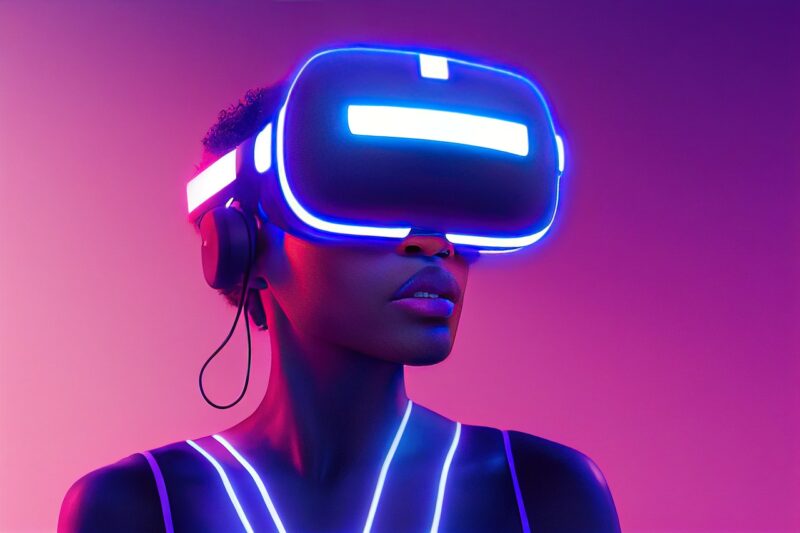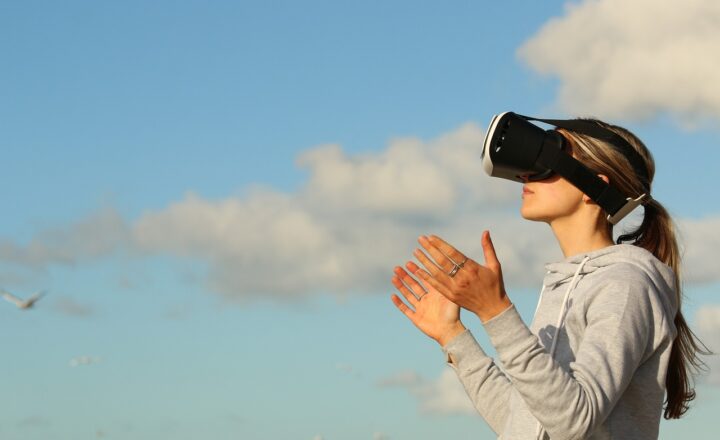The Impact of Reality TV on Society’s Perception of Real Life
November 10, 2024

Reality television has taken the world by storm since its inception. What began as a niche genre has become a dominant force in entertainment, captivating audiences with its unscripted antics and seemingly genuine portrayals of life. Shows like “Keeping Up with the Kardashians,” “Survivor,” and “The Real World” have generated millions of viewers and countless social media conversations. However, while reality TV can be entertaining, it also shapes society’s perceptions of reality in significant and often problematic ways.
1. Defining Reality TV: What Is It?
Reality TV is a television genre that purports to portray unscripted and real-life situations. The format often includes ordinary people or celebrity personalities engaging in activities that reflect their daily lives or challenges. Unlike scripted shows, reality TV aims to present “real” moments, albeit often exaggerated for entertainment value. This genre has numerous sub-genres, including competition shows, dating programs, and lifestyle series.
Key characteristics of reality TV include:
- Unscripting: While producers guide the narrative, the dialogue is generally spontaneous, contributing to the illusion of authenticity.
- Drama and Conflict: Producers often create scenarios that evoke strong emotional reactions, leading to heightened drama that draws viewers in.
- Themes of Competition: In many reality shows, participants must compete against each other, which can lead to competitive behavior that reflects societal values.
The specific formula of reality TV varies by show, but at its core, it presents a stylized version of reality that influences how viewers interpret real-life relationships, conflicts, and success.
2. Shaping Perceptions of Reality
The impact of reality TV on society’s perception of real life is profound, with several notable influences:
2.1. The Illusion of a Perfect Life
Reality TV often features affluent lifestyles, glamorous homes, and over-the-top experiences. This portrayal can create unrealistic expectations for viewers about what constitutes a typical or successful life. Series such as “The Real Housewives” franchise showcase wealth and luxury often unattainable for the average person. As viewers watch, they may internalize these standards and strive for lives that mirror what they see on screen.
2.2. Normalizing Toxic Behavior
Many reality TV shows thrive on conflict and controversy, normalizing behaviors such as aggression, manipulation, and betrayal. The dramatic confrontations and relationship breakdowns featured in shows like “Big Brother” and “Jersey Shore” can shape viewers’ perceptions, leading them to believe that such behaviors are acceptable in their interactions.
Studies have shown that exposure to these programs can influence aggressive behavior and desensitize individuals to violence, as they may begin to see these actions as normal or entertaining.
2.3. Influencing Self-Image and Body Image
The casting of predominantly young and physically appealing individuals leads to a narrow representation of beauty. As content consumers compare themselves to reality stars, it can result in negative self-perception and body image issues. This influence is particularly critical for the younger audience, who are still developing their self-identity. Studies reveal an increased risk of body dissatisfaction among reality TV viewers, as they often perceive their own lives and appearances through a distorted lens.
3. Audience Engagement and Social Media Impact
Reality TV transcends the television screen; it interacts with social media, creating a shared experience among fans. Viewers not only watch the shows, they discuss them, comment on them, and engage with the personalities involved:
3.1. Fostering Community or Divisiveness?
Platforms like Twitter and Instagram have facilitated real-time conversations about reality TV, allowing fans to connect over shared interests. This engagement can foster a sense of community among viewers, but it can also lead to fierce online debates, often becoming polarized around specific participants. Fans may support or attack cast members, creating a toxic environment that reflects the show’s own conflicts.
3.2. Social Media Influence on Reality Stars
Participants on reality shows often leverage their newfound fame on platforms like Instagram and TikTok to build personal brands. This can create a feedback loop where stars modify their behavior based on audience reception, further blurring the line between reality and performance. The constant public scrutiny can lead to anxiety and stress for those in the spotlight, while also promoting an idealized version of reality to viewers.
4. Cultural Reflections and Critiques
While reality TV often mirrors societal behaviors, it also serves as a commentary on cultural values. The genre critiques societal norms, values, and traditions:
4.1. Questioning Gender Roles and Stereotypes
Shows like “The Bachelor” and “The Bachelorette” provide insight into traditional gender roles, often reinforcing stereotypes about masculinity and femininity. However, they also prompt discussions about evolving relationships and challenges to these norms. The reactions to casting decisions and plotlines reflect changing societal perspectives on gender.
4.2. The Ethics of Entertainment
Reality TV raises ethical questions regarding exploitation and consent. The blurred lines between performance and authenticity leave viewers questioning the morality of producing such content. Is it ethical to amplify real-life distress for entertainment purposes? Programs have faced backlash over the treatment of participants, leading to wider discussions about the responsibilities of producers and the well-being of cast members.
5. Conclusion: The Lasting Legacy of Reality TV
The impact of reality TV on society’s perception of real life is multifaceted, shaping individuals’ views, behavior, and social interactions. Whether through glorifying toxic behavior or creating unrealistic life standards, these shows resonate deeply with audiences. While reality TV may entertain, it is crucial for viewers to engage critically with the content, examining how it influences their perceptions and what it means for our collective understanding of reality.
As media continues to evolve, the legacy of reality television will remain, serving as a reflection—not just of the participants—but also our aspirations, failures, and the sociocultural landscape we inhabit. By choosing to acknowledge and challenge the narratives presented, we carve a space for more diverse and authentic representations in entertainment, pushing back against the unrealistic molds crafted by popular reality television.








